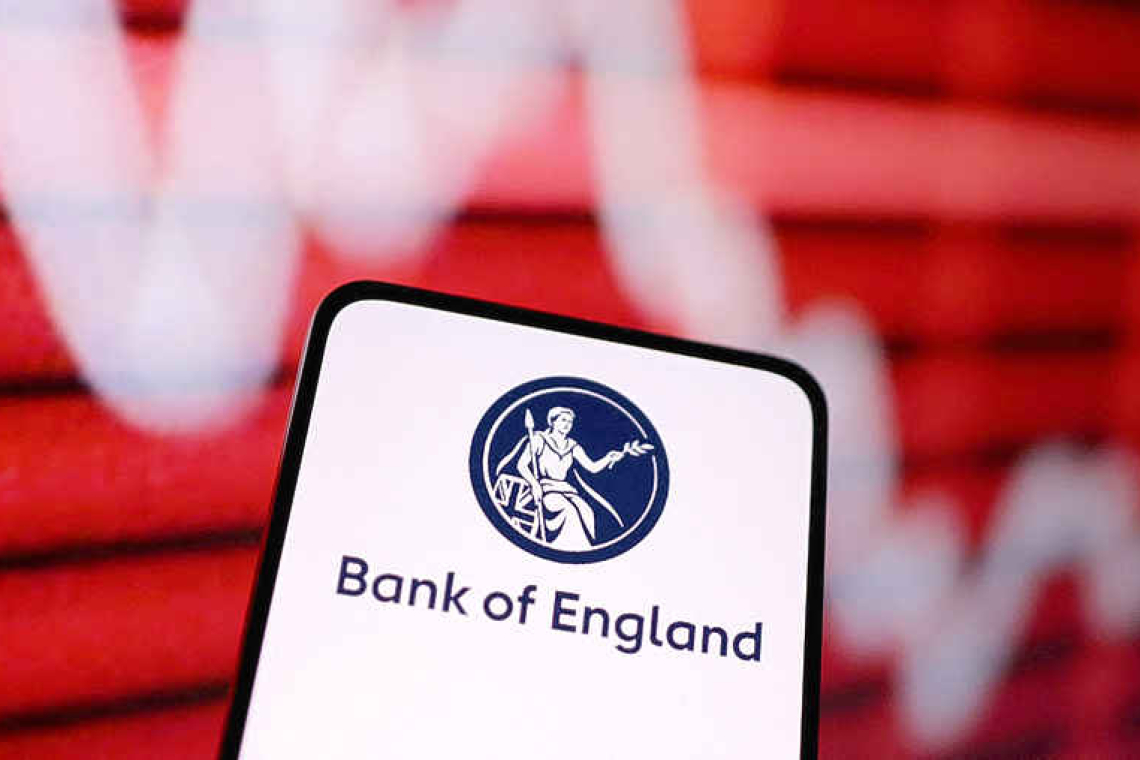LONDON--The Bank of England has asked some lenders to test their resilience to potential U.S. dollar shocks, three sources said, the latest sign of how the Trump administration's policies are eroding trust in the U.S. as a bedrock of financial stability. As the leading currency for global trade and capital flows, the U.S. dollar is the lifeblood of global finance. However, President Donald Trump's break from long-standing U.S. policy in areas such as free trade and defence has forced policymakers to consider whether the emergency provision of dollars in times of financial stress can still be relied on. While the U.S. Federal Reserve has said that the central bank wants to continue to make dollars available in the financial system, Trump's policy shifts have prompted European allies to reexamine their dependence on Washington.
Following similar demands from European supervisors, the Bank of England, which oversees banks in the City of London financial hub, has requested that some lenders assess their dollar funding plans and the degree to which they depend on the U.S. currency, including for short-term needs, one of the people with direct knowledge told Reuters. In one instance, a global bank based in Britain was asked in recent weeks to run stress tests internally, including scenarios where the U.S.-dollar swap market could dry up entirely, another of the sources said. "In a global dollar funding crisis, the Fed might hesitate to offer swaps for fear of strong Trump reaction – its priority is monetary policy independence, after all," said Richard Portes, professor of economics at London Business School and former Chair of the European Systemic Risk Board's Advisory Scientific Committee.
"Foreign bank supervisors should urgently push their banks to limit dollar exposures severely," he said. The BoE's supervisory arm, the Prudential Regulation Authority, made the requests individually to some of the banks, the person with knowledge of the matter added. All of the people familiar with the supervisor's requests asked to remain anonymous because the discussions with the BoE are private. A spokesperson for the BoE declined to comment for this article. Representatives for the biggest UK banks with international businesses including Barclays, HSBC and Standard Chartered also declined to comment. “Stock and bond rallies as well as trillions in historic investment commitments since Election Day are all indicative of the fact that markets and investors have resoundingly reaffirmed their confidence in the U.S. dollar and U.S. economy under President Trump,” a White House spokesman told Reuters by email.
A spokesperson for the Fed did not respond to a request for comment. No bank could withstand a major shock to dollar supply for more than a few days, according to one of the sources, given the dominance of the currency in the global financial system and lenders' dependence on it. Should dollar borrowing become harder to obtain and more expensive for banks, it could hamper their ability to carry on meeting demands for cash. Ultimately, a bank that struggles to gain access to dollars could fail to meet depositor requests, undermining confidence and triggering further outflows. While this scenario is seen as extreme and unlikely, regulators and banks are no longer taking dollar access for granted.







